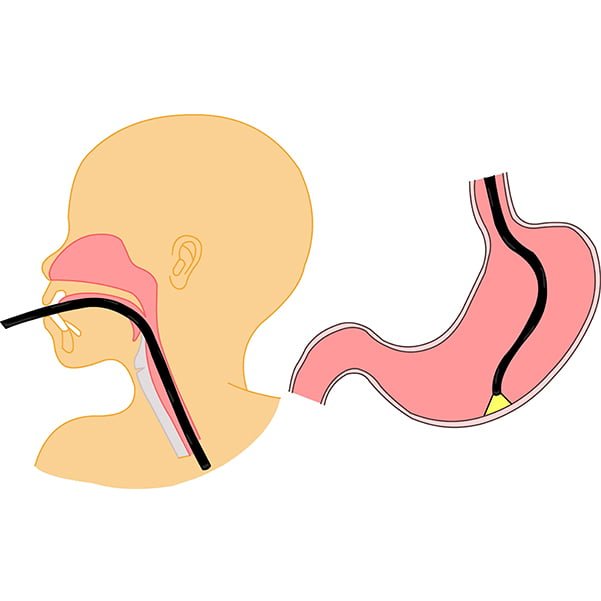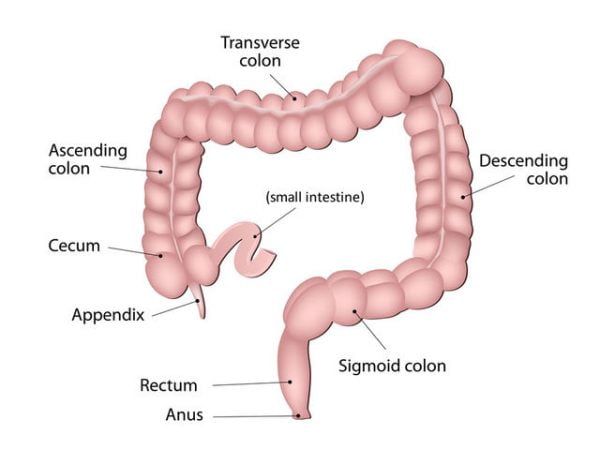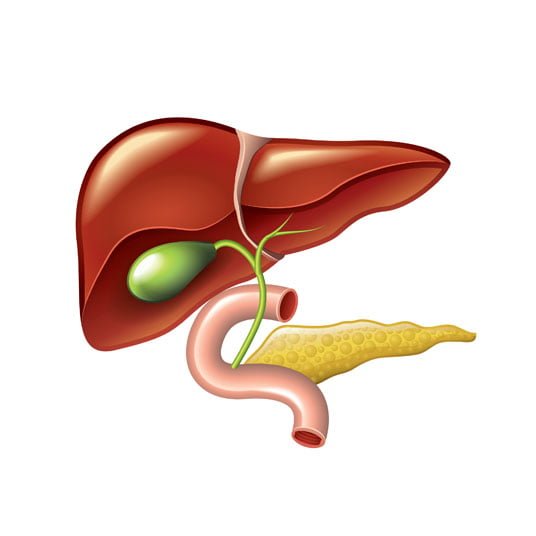ABOUT POLYPECTOMY
A polypectomy is a surgical procedure performed to remove polyps from the colon or the bowel. A polyp is a growth of tissue which can form anywhere in body where there are mucous membranes, however, they are commonly found in the colon and bowel, and other areas including the uterus, sinus, and nose.
While most polyps found are harmless, a polypectomy is usually performed to remove them, as they can become cancerous over time. Polyps may not cause any symptoms, however some patients may experience changes in bowel movements, rectal bleeding, or pain in the stomach.
People over the age of 50, overweight people, and smokers have a higher chance of polyps becoming cancerous.
In some case polyps may be removed during a routine colonoscopy or sigmoidoscopy, if found during screening. The procedure is performed using an endoscope with tools attached to remove the polyp. The patient is usually sedated during the procedure.
Recommended for
- Polyps, particularly in patients over the age of 50 or overweight patients
TIME REQUIREMENTS
- Number of days in hospital: 1.
A polypectomy is an outpatient procedure, meaning patients will be discharged on the same day.
- Average length of stay abroad: 3 days.
Patients may need to wait for the results or findings from the tested polyps.
- Number of trips abroad needed: 1.
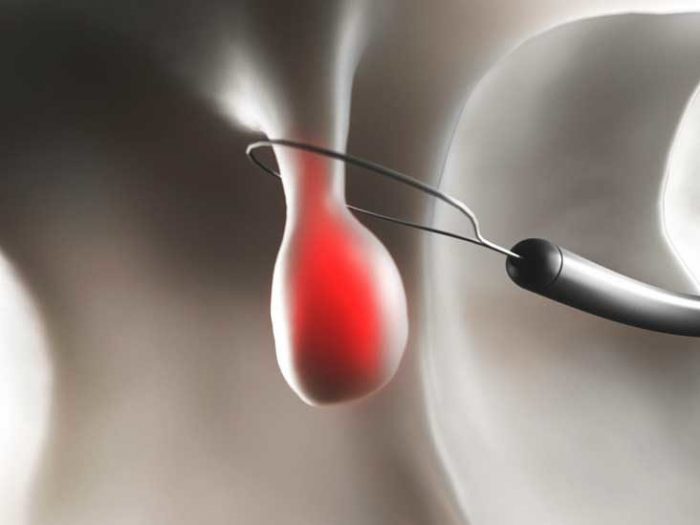
COMPARE POLYPECTOMY PRICES AROUND THE WORLD
HOW TO FIND QUALITY TREATMENT ABROAD
BEFORE POLYPECTOMY ABROAD
Before the polypectomy, patients will meet with the doctor to discuss the procedure and will have an opportunity to ask any questions or raise any concerns that they may have.
The patient will usually be prescribed with a cleaning solution that is to be taken the day before the procedure is scheduled, to clear out the colon.
HOW IS IT PERFORMED
There are different techniques which can be used to perform a polypectomy. The patient will be given sedation which will make them drowsy, however, they will remain awake and will be asked to lie on their side. A scope is inserted through the anus and rectum and passed through to the colon. The polyp is then located and the doctor will proceed to remove it.
The polyp can be removed during a colonoscopy or sigmoidoscopy screening. In these cases, the polyp is removed with small instruments that are attached to the endoscope. This can be performed using forceps to remove the polyp or using a wire that is looped (also known as a snare) and has an electrical current, to detach the polyp while sealing off the blood vessels to prevent bleeding.
Another type of polypectomy is an EMR (endoscopic mucosal resection) that is usually performed on polyps that are flat and difficult to remove. The surgeon will inject a liquid into the bowel to help raise the polyp for better visualization and access to the polyp. A wired loop (snare) is then used to detach the polyp from the lining of the bowel.
Once removed, the doctor will usually send the polyp to the laboratory to be tested.
Anesthesia
Sedation.
Procedure duration
The Polypectomy takes 30 to 60 .
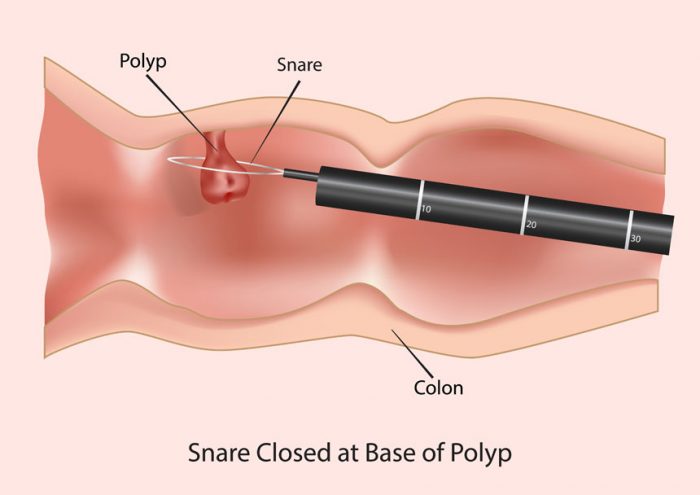
WHAT TO EXPECT AFTER POLYPECTOMY
Post procedure care
After the procedure the patient will taken to the recovery area to allow the sedation to wear off.
Possible discomfort
Patients may experience some pain or discomfort in the days proceeding the procedure.
IMPORTANT THINGS TO KNOW ABOUT POLYPECTOMY
Potential risks
- Bleeding
- Perforation of the bowel
- Infection
